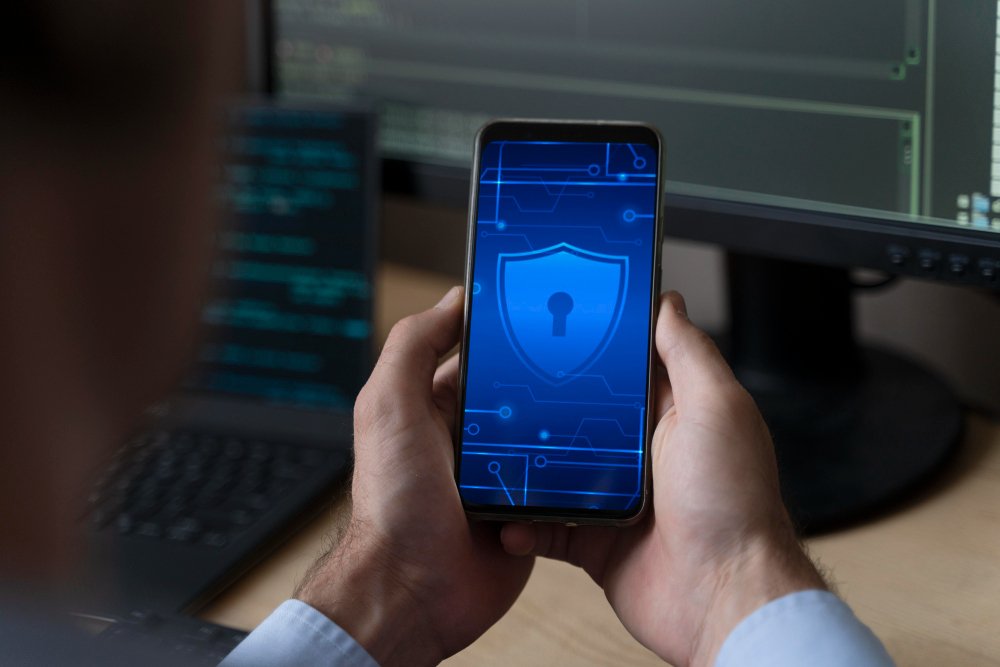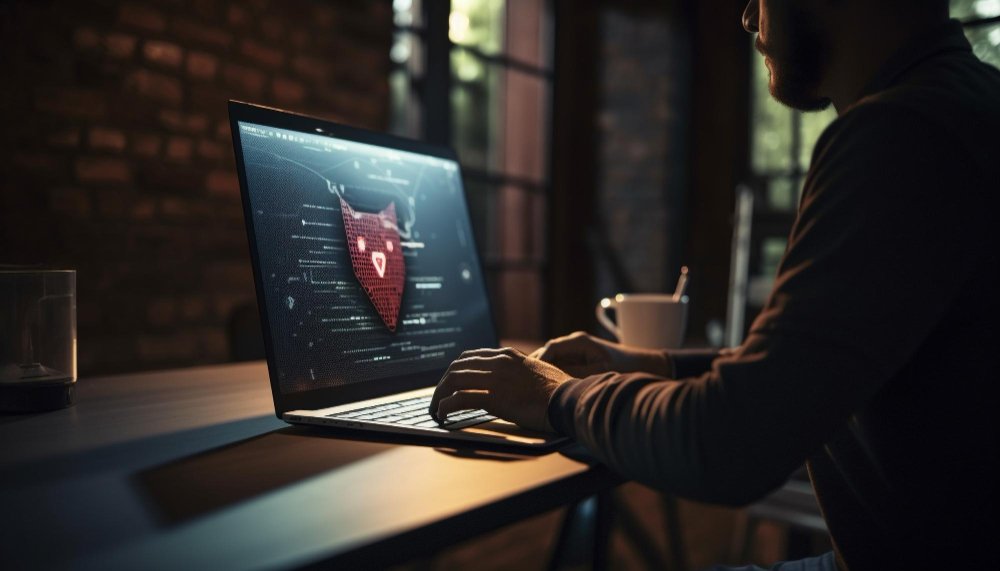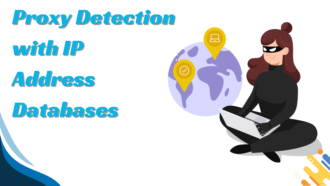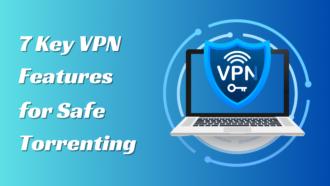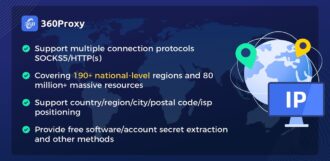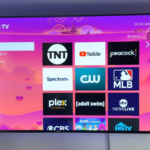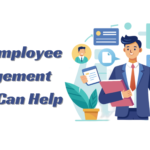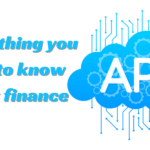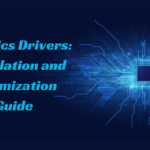It’s all about bucks, kid. The rest is conversation
Oliver Stone’s blockbuster movie ‘Wall Street’, released in 1987, encapsulated the mood of the US economy in the 1980s: the climate of greed and lust for money. The lead character in the film, Gordon Gekko, masterfully played by Michael Douglas, became the personification of a single-minded pursuit after the dollar. The title of this article is a quote from Gekko exemplifying the naked avarice of America’s most wealthy.
Ultimately, of course (spoiler alert), Gekko falls from grace and gets cleaned out after being tricked by eventually redeemed good guy Bud Fox – Charlie Sheen’s friendly guy character with working-class roots and a big heart.
Wall Street, the movie, is a moralistic tale. It teaches us that making money by creating wealth honestly through manufacturing goods and providing worthwhile services is preferable to making a quick and vast dirty profit by simply having a lot of assets.
Excellent work if you can get it
But a new Wall Street-style economy is fast catching up to us, allowing regular citizens to scoop millions of dollars by appearing in various stages of undress on social media platforms. If Hollywood hasn’t already made a film about this seemingly insane concept, look out for one coming soon.
It seems pretty incredible to anyone over, say, 40 years old. Still, people are earning up to $20m per month (yes, that’s right – per month!) by charging subscriptions to the public to access provocative photos of them doing – well, stuff everybody does, but usually, they’d do it privately.
Websites like ‘OnlyFans’ enable people to become celebrities without approaching a theatrical agent, a movie production company or even a talent kit show like American Idol. Somebody gets an iPhone, points it at themselves, pouts into the camera, takes a few hundred selfies or uploads half a dozen videos, and hey presto, they’re rich! Excellent work if you can get it.
But before you can say “clear all Bing history“, another section of society is cashing in on this bizarre cyber-jackpot, namely hackers and scammers creaming money from vulnerable people who will type their credit card details into just about any web page without a second thought.
If you’ve ever been scammed online, take comfort that you’re not alone. Someone else somewhere will have been fleeced for more than you. But how can people protect their privacy, passwords, and financial details online when there are so many ways to part with our money from phone screens all around us?
The answer is simple – a virtual private network (VPN) can keep you from falling for traps by hackers, who create stuff like phantom OnlyFans pages to trick the gullible into giving their payment card details. But what is a VPN, and how does it work?
Malware protection
A VPN uses a browser software extension package to connect the user’s device to the VPN’s encrypted network before the person involved connects to their regular internet service provider (ISP). The VPN server then shields the user’s identity from anyone, whether the ISP, a government agency, or the analytics software of the target website, as the visitor desires. It’s really like a super-secure firewall with added benefits.
Crucially, VPN servers also carry highly advanced security software, which detects any malicious activity by hackers and disconnects the device instantaneously before any malware can be installed or virus can be downloaded. Virus protection software can alert users to viruses, but they isolate the threat, whereas the VPN disconnects it.
There are a couple of other advantages to using a VPN; let’s take a quick look at the most helpful:
Improved connection speed
A VPN can prevent your ISP from ‘throttling’ your connection – they do this if a customer uses a lot of data. They want to encourage the householder to upgrade their contract to a faster connection speed. When the ISP detects a customer account streaming and gaming extensively, they single those accounts out for throttling. However, if you use a VPN, your ISP doesn’t know which customer you are nor where you’re located, so it simply can’t break the cybersecurity to throttle your home connection.
Save money on flights & hotel rooms
Did you know that using a VPN can enable better prices by fooling the AI-driven analytics of some e-commerce sites? Whenever you buy a flight ticket online, will the airline’s website (or, more likely, a reseller portal) examine your demographic profile and display a price accordingly? In short, they’ll charge what the AI ‘thinks’ you can afford. The visual analytics tool does this by assessing your location and the type of device you’re using; if your IP address indicates that you’re based in, say, The Hamptons in New York state, and the device used to access the internet is a new model iMac. Your price will increase due to the analytics marking you as wealthy.
However, if you log on to a VPN, you could still be in that swish location but choose an IP address somewhere like Oklahoma. The VPN server also hides the device you’re using, so the price you see drops somewhat. You can try it anytime by emptying cookies, clearing your cache, and then using a VPN after an initial price query. It often works.
In summary, there are many reasons to use a VPN whenever you access the internet, whether keeping up with your favourite OnlyFans influencers, buying stuff off Craigslist or checking out your penny shares – staying safe online should always be a priority.

